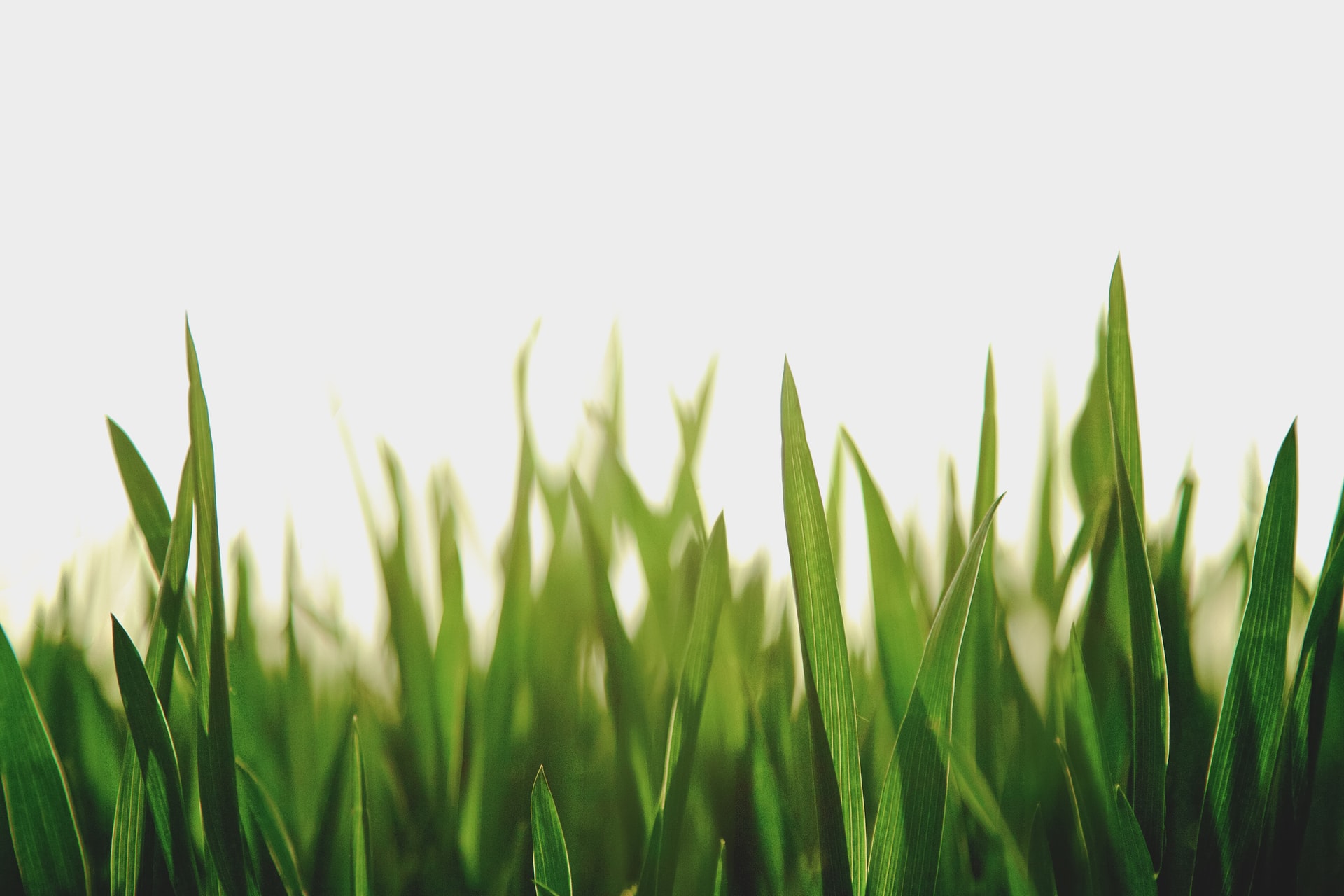If you learned that a specific brand of broccoli was considered toxic to human cells, causational to genetic mutations, and disruptive to endocrine function, you’d probably stop grabbing that particular brand at the grocery store. And if that same brand of broccoli demonstrated, in many studies, a correlational relationship to various cancers, exacerbating the growth of irregular cells, like those typical of breast cancer, would you still buy it?
Well, it just so happens this “brand” currently exists, extending well beyond broccoli, and into much of the food and water we consume on a regular basis. This “brand” is glyphosate, the active ingredient in popular herbicides, and most notably, “Roundup.”
Glyphosate is a heavily contested agent, applied to crops often as early as cultivation, and found throughout the entirety of our infrastructure; sprayed on gardens, in city parks, and along sidewalks and roadways. Because of its history of being considered a safe alternative to harmful pesticides, it is found in excessive concentrations in food and water, especially in the United States.
Although much research has been conducted on the banality of glyphosate, new waves of studies are proving the negative effects of both consistent and excessive exposure. These new findings are changing the dialogue, with worldwide, non-political organizations, like the World Health Organization (WHO), speaking out and exposing the chemical for what it is.
So How Can You Reduce Your Exposure to Glyphosate?
Because of its permeating nature in our everyday lives, reducing exposure to glyphosate can feel overwhelming. But fortunately, there are steps you can take to limit your exposure and promote helpful detoxification from the substance.
One of the primary prophylaxes, as it relates to glyphosate, is to filter the water to which you’re regularly exposed. When you filter both the water you’re drinking and the water with which you shower, water plants, garden, and more, you drastically reduce the concentration and your harmful exposure to the chemical.
Additionally, eating organic and growing your own produce helps reduce the amount you ingest, working to eliminate the use of chemical herbicides in your own food and supporting businesses similarly dedicated to doing so.
Finally, regarding detoxification, encouraging your body to eliminate toxins after they’ve been introduced to your system is another great safeguard against glyphosate. Incorporating detox teas, like dandelion tea, and burdock and barberry teas, can assist your body and promote its overall health.
